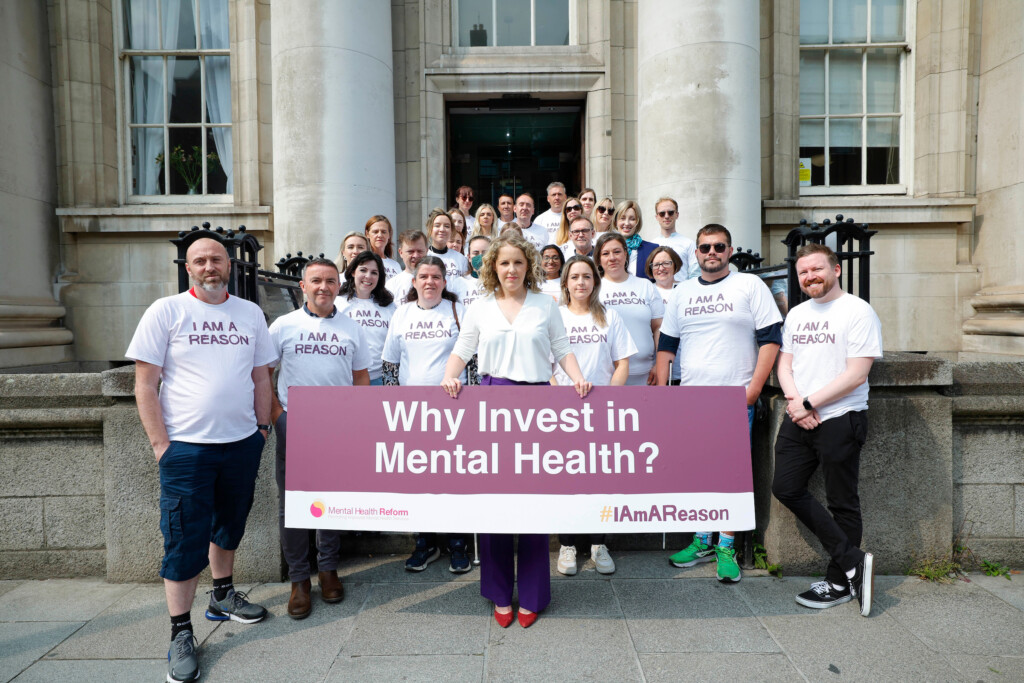Mental Health Reform has warned that pressures on voluntary and community organisations have reached “unsustainable” levels.
The organisation said that Government action must be taken to address what they call “significant funding deficits” in the sector.
The national coalition for mental health, which represents over 80 member organisations, said that the voluntary and community sector requires “substantial” investment to meet a”unprecedented demand” for mental health services in the wake of the Covid-19 pandemic.
Mental Health Reform has recommended that additional investment of at least €115M is needed in Budget 2024 to deliver urgent reforms in the mental health system. This includes €30M to maintain existing levels of service and €85M for the development of new mental health services to address unmet needs.
Fiona Coyle, CEO, Mental Health Reform said: “Since the pandemic, the number of people seeking mental health care in Ireland has drastically increased. Many of our member organisations have reported a huge surge in demand for their services, particularly from children and young people.
“Given the growing crisis in youth mental health, funding for the sector has never been more crucial,” she said.
Citing HSE statistics, Coyle said that since 2019 waiting lists for Child and Adolescent Mental Health Services have almost doubled.
“There has also been an increase in the number of children and young people with mental health difficulties attending emergency departments,” she noted.
Funding for specialist mental health care must be prioritised. This year, no new funding was allocated to the HSE’s national clinical programmes in mental health which severely hampered the development of critical services. The national clinical programmes urgently require new funding to ensure appropriate care for people with eating disorders, psychosis, ADHD and other complex needs.
“It is abundantly clear that the level of investment in mental health services is failing to meet the needs of the population,” with statistics showing that over the decades, the percentage of the health budget allocated to mental health has decreased from 15% in 1984 to 5.1% in 2023.
“The UK spends between 13% – 14% of its health budget on mental health. We need a serious commitment from the Government to increase investment in mental health to 10% of the total health budget,” she said.
The group called for a series of funding improvements to mental health services, such as €2M for a fully funded, nationally available independent advocacy service for people of all ages with mental health difficulties, €40M for the development of Ireland’s national clinical programmes, and €25M for the Voluntary and Community Sector including youth mental health services.
